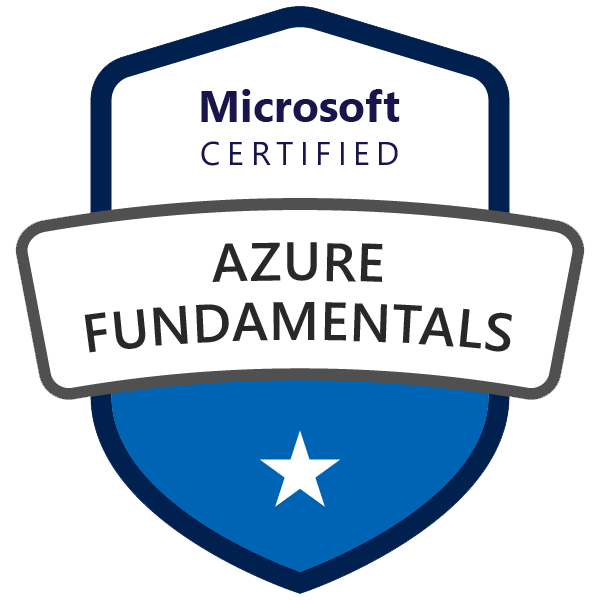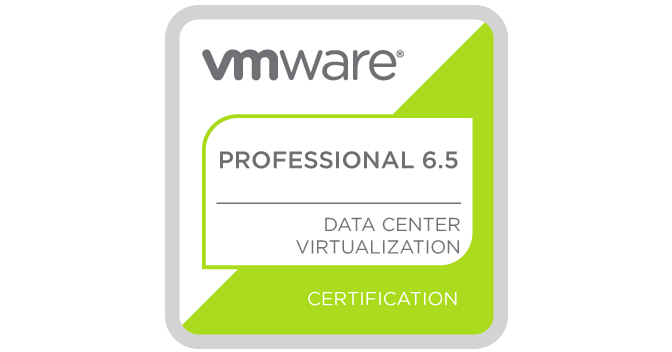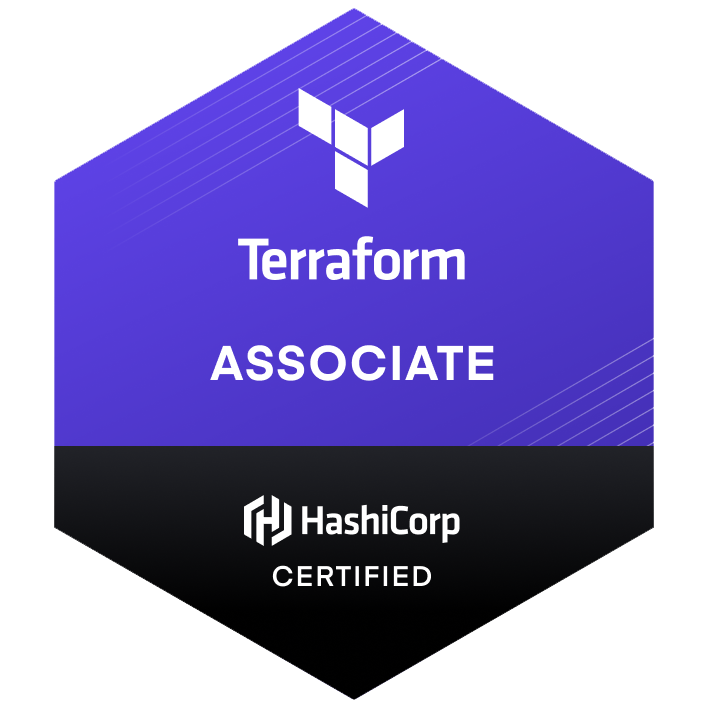RSS and Atom feeds are used to syndicate website content, making it easy for users to stay updated with the latest posts or news. In some cases, you may want to prevent Google from indexing these feeds to avoid duplicate content issues or to focus on indexing more important pages. In this blog post, we will discuss the benefits of excluding RSS and Atom feeds from Google indexing and provide a step-by-step guide on how to do this for a Joomla website.
Benefits of Excluding RSS and Atom Feeds from Google Indexing:
-
Avoid duplicate content issues: By excluding RSS and Atom feeds from Google indexing, you can prevent potential duplicate content issues that could arise from having the same content indexed in both the feed and the original pages.
-
Prioritize indexing of important pages: Excluding feeds from indexing can help you ensure that Google focuses on indexing more critical pages on your website, improving overall visibility and search engine performance.
-
Reduce crawl budget usage: Limiting the pages that Google crawls and indexes can help you save crawl budget, especially for larger websites with numerous pages.
How to Exclude RSS and Atom Feeds from Google Indexing on a Joomla Website:
To exclude RSS and Atom feeds from Google indexing on a Joomla website, follow these steps:
Step 1: Edit the Robots.txt file
The robots.txt file is used to provide instructions to search engine crawlers about which pages or sections of your website should not be crawled or indexed. To exclude RSS and Atom feeds from Google indexing, you'll need to modify your Joomla website's robots.txt file.
- Access your Joomla website's files through your hosting control panel or an FTP client.
- Locate the "robots.txt" file in the root directory of your website.
- Open the file for editing and add the following lines to the file:
User-agent: *
Disallow: /*?format=feed
Disallow: /*&format=feed
Disallow: /index.php?option=com_content&view=category&id=* &format=feed
Disallow: /index.php?option=com_content&view=section&id=* &format=feed
These lines instruct search engine crawlers to avoid crawling and indexing RSS and Atom feeds generated by Joomla.
- Save the changes to the robots.txt file.
Step 2: Add Meta Tags to Feed Pages (Optional)
As an additional measure, you can add meta tags to your feed pages to instruct search engines not to index them. To do this, you'll need to modify your Joomla website's template files.
- In your Joomla admin panel, navigate to "Extensions" > "Templates" > "Templates."
- Click on your active template to access its files.
- Locate and edit the files that generate the RSS and Atom feeds, such as "category_feed.php," "section_feed.php," or any other relevant files.
- Add the following meta tag within the
<head>section of the file:
<meta name="robots" content="noindex"
- Save the changes to the template files.
Excluding RSS and Atom feeds from Google indexing on your Joomla website can help you avoid duplicate content issues, prioritize the indexing of important pages, and reduce crawl budget usage. By modifying your website's robots.txt file and adding meta tags to feed pages, you can effectively instruct search engine crawlers not to index your RSS and Atom feeds, ensuring a better focus on your website's primary content.
















